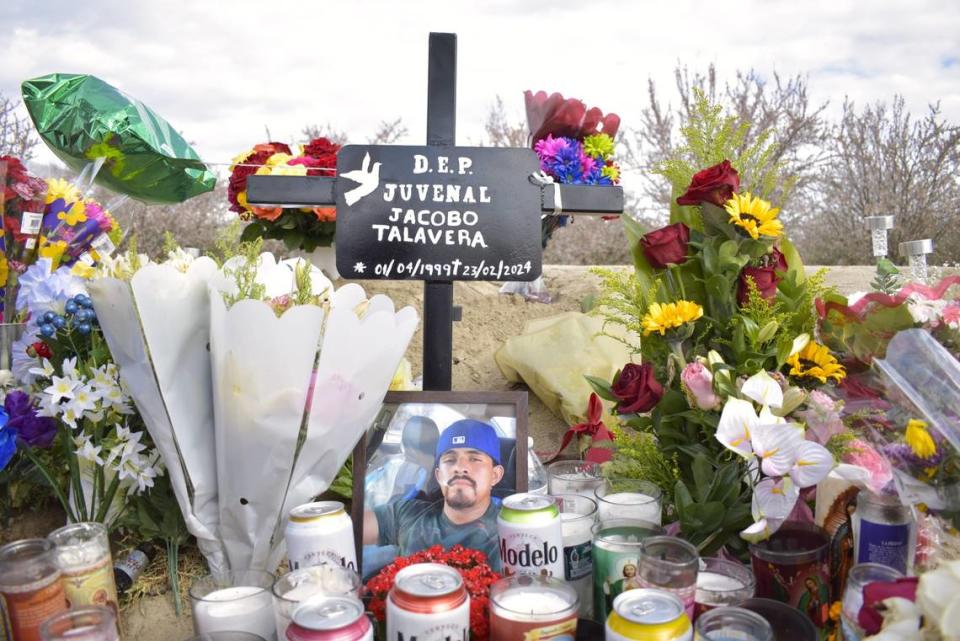Farmworkers die in traffic every year. Are loopholes in the law allowing more crashes?
Transporting laborers in passenger van-sized vehicles allows management in the agricultural industry to skirt laws on farmworker travel safety, federal administrators and labor attorneys say. The result, according to the federal government, is more unsafe vehicles on the road and more crashes that kill farmworkers.
Ruben Rosalez, western regional administrator for the U.S. Department of Labor’s Wage and Hour Division, sees one to two of these crashes each year on the West Coast, “predominantly in the Central Valley,” he said in an interview with The Fresno Bee.
Using passenger van-sized vehicles to transport farmworkers is a change from past decades, when more growers hired buses to ferry laborers to and from the fields. In the last few decades, different levels of management in the agricultural industry began informally arranging for rides in vans intended to seat fewer passengers, said Rosalez, who has been working labor cases for more than 30 years.
The system is called a raitero system, a Spanglish word roughly translating to “ride provider.”
La Abeja, a newsletter written for and by California Latinos
Sign up here to receive our weekly newsletter centered around Latino issues in California.
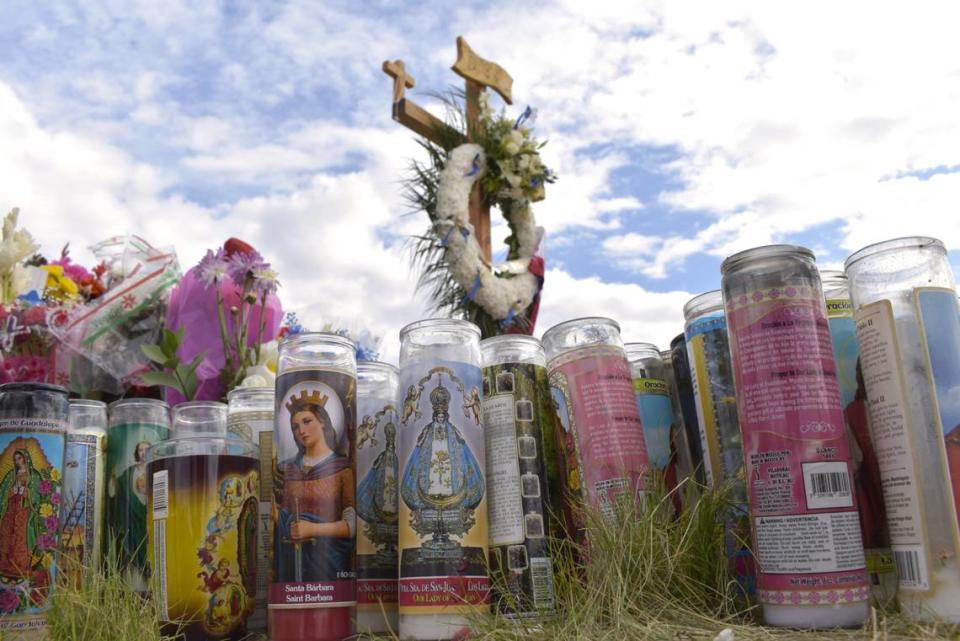
One of the Central Valley’s deadliest crashes in recent years happened the morning of Feb. 23 in Madera County. CHP officer Javier Ruvalcaba wrote in an email to The Bee that it was the lone driver of a Chevrolet pick-up who veered into the wrong side of the road, striking a 2001 GMC Safari van carrying eight farm laborers traveling to work from their homes in Kerman. Seven of the laborers died.
The CHP and the Department of Labor are investigating.
Only the driver and front passenger of the van were wearing seat belts despite available working-condition seat belts available to the rest, Ruvalcaba wrote. The van was also registered and appeared to be safe for travel.
That’s not always the case, especially outside of migrant farm worker programs that are subject to federal regulations, Rosalez said.
Despite regulations, transportation events remain a leading cause of job-related death for U.S. agricultural workers, the majority of whom are immigrants from Latin America.
In 2022, federal data show, 66 of the 146 agricultural workers killed nationwide in job-related events died during transportation incidents, a category that includes everything from car crashes to tractor accidents on fields. That year in California, 22 of the 34 agricultural workers killed in job-related events died during transportation incidents.
The U.S. Department of Labor sounded the alarm as it noticed the rising death toll from crashes involving farmworkers. Rosalez said the upward trend of deaths has continued.
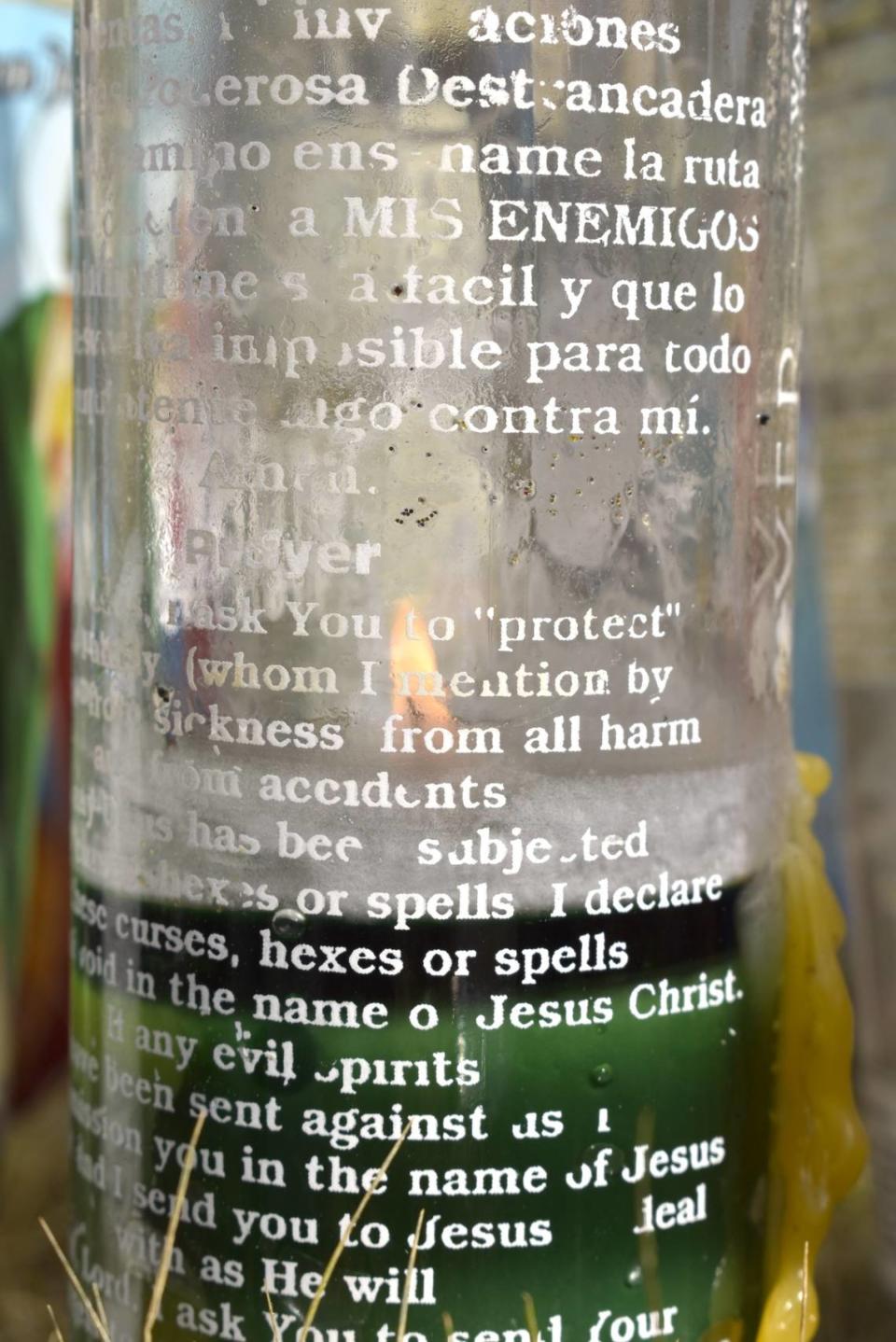
“The eight-passenger, six-passenger vans that have less people – those have become the major problem,” he said.
Brian Little, director of employment policy for the California Farm Bureau, said the industry is not at fault because farmworkers are finding their own rides as more of them choose to live away from the farms where they work. He said many farmworkers are carpooling to work “for the same reasons the rest of us would.”
He acknowledged that unsafe arrangements happen, but he said most growers and farm labor contractors are not involved in that type of “illegal activity.”
“To the extent that they’re involved in traffic accidents – that’s awful,” he told The Bee. “But farmers got away from both housing employees ... and they got away from transporting them because farmworkers wanted to transport themselves.”
But Rosalez said it’s more than a simple issue of carpooling. The “push-down of responsibility” for farmworker transportation has created an unregulated industry, sometimes offering rides in smaller vans and other unsafe vehicles, that skirts the law and takes advantage of farmworkers, he said.
“This is arranged transportation and often for a fee,” he said. “Instead of having one big bus, you have 10 of those (smaller vehicles) that would take people to the field. That’s the beginning of where we started seeing a lot of accidents.”
A crash in 1999 that killed 13 farm workers in Fresno County led to tightened regulations that require seat belts and stricter inspections for farm labor vehicles. These vehicles are defined as ones “designed, used, or maintained for the transportation of nine or more farmworkers, in addition to the driver.”
The California Highway Patrol also inspects vehicles meant to transport eight or fewer farm workers, but these vehicles escape required annual inspections and certification. CHP did not agree to an interview for this story about its Safety and Farm Labor Vehicle Education (SAFE) inspection program.
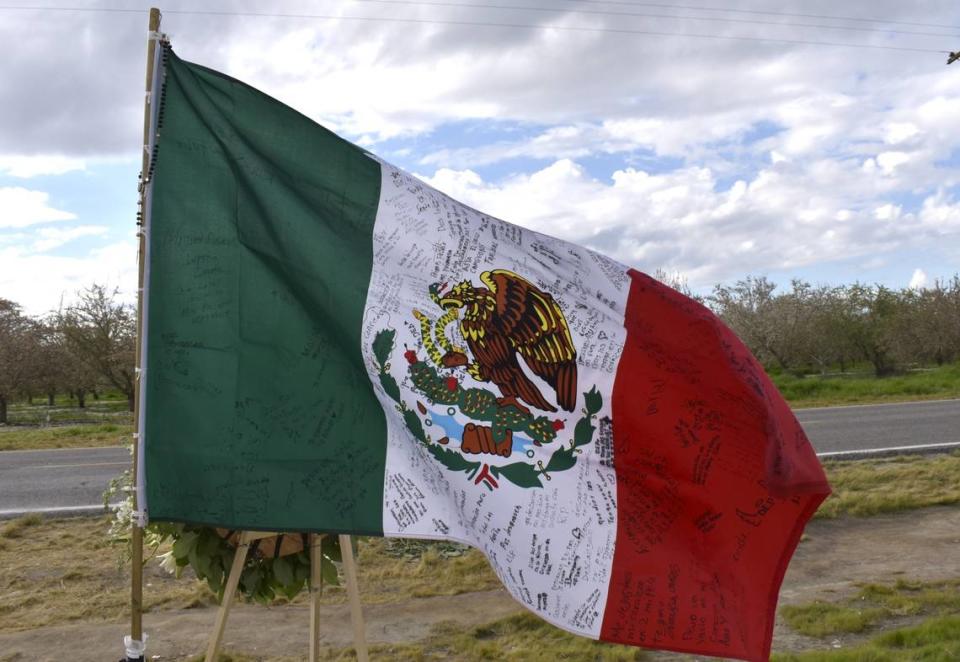
‘These are not personal-use vehicles’
The switch to smaller vehicles that avoid patrols and inspections happened when the industry “figured out” how to skirt state regulations on farmworker transportation, Rosalez said.
Antonio De Loera-Brust, a spokesperson with the United Farm Workers union, said these rides can be costly for farm workers.
“That is a cost of the job that employers make workers bear,” he said. “That has actually been a major grievance that workers have.”
Los Angeles labor attorney Heather Phillips said these rides are also sometimes required by employers because they want to ensure laborers make it to work on time and maximize productivity. Phillips wrote about persistent problems with farm worker transportation in 2007, when she was a student at the San Joaquin College of Law.
“They never put it on paper,” she told The Bee about the arrangements.
Phillips said the drivers of these vehicles know when and where CHP operations will take place and are able to avoid them. These vans are elusive because they look like personal-use vehicles on the outside, and that also makes it harder to regulate them, she said.
“But these are not personal-use vehicles,” she said. “They are personal-use vehicles that have been retrofitted to be unsafe.”
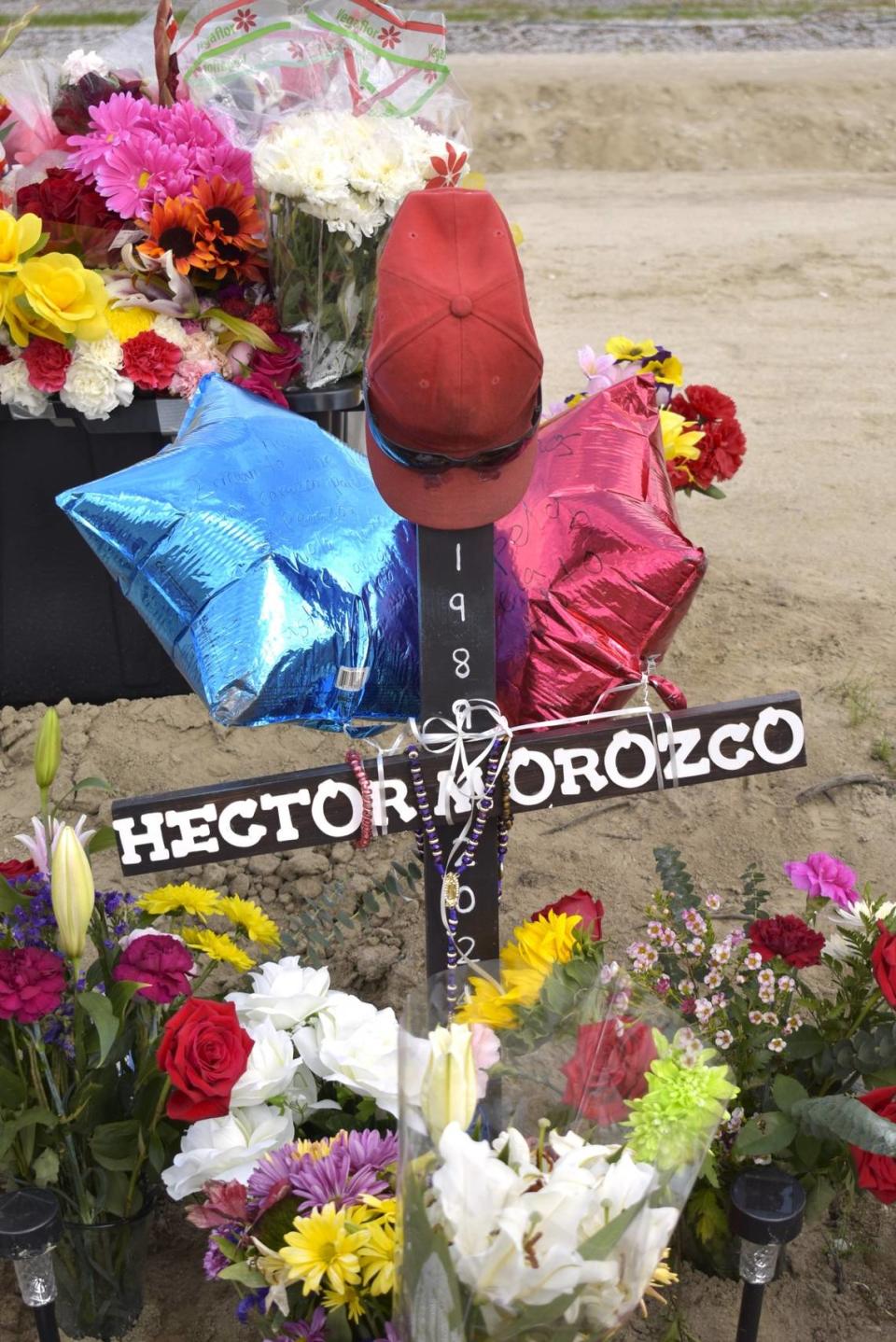
On the inside, seats are often removed and replaced with unsafe benching; riders sometimes sit on the floor and there may be 15 of them in a van meant to seat eight, Phillips said.
“Those vehicles don’t get inspected unless CHP catches them speeding and pulls them over,” she said.
Little said the California Farm Bureau helps its members train employees on rural travel safety, but, “in the same vein, your employer isn’t necessarily responsible for you getting to work when more and more farmworkers are choosing to live in the community like everybody else.”
“Farm employers and farm labor contractors furnish transportation to the extent that’s necessary and convenient,” Little said. “I’m sure most of them probably do so in a way that’s compliant with state and federal regulations.”
To him, a fix might require expanding inspection requirements and making rural roads safer overall.
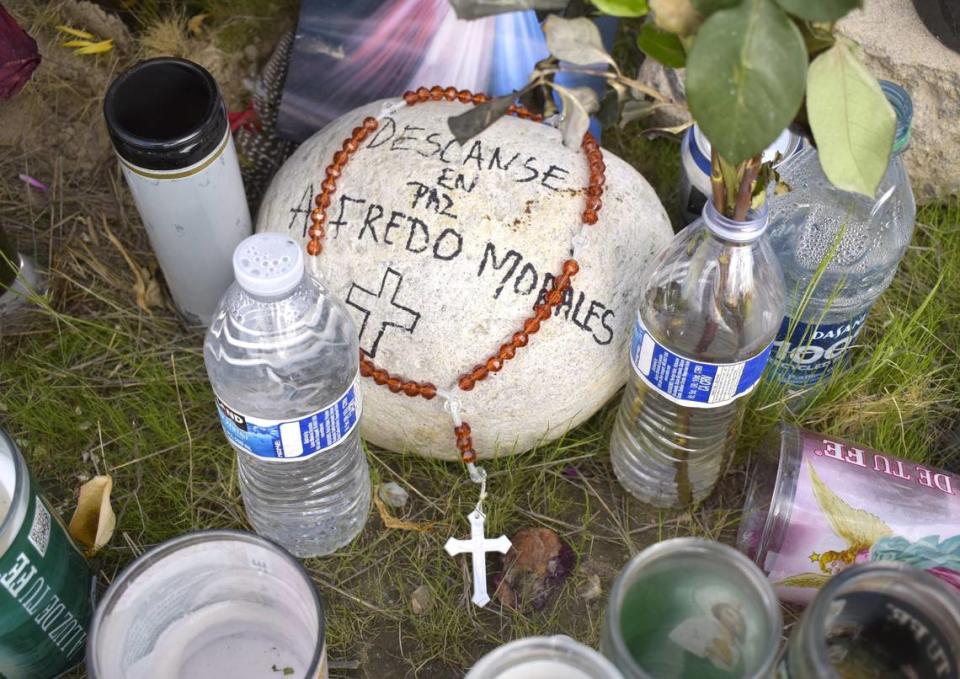
More boots on the ground needed?
Retired CHP officer Jose Gutierrez said the SAFE inspection program has helped significantly since its start in 2000. He was the program’s supervisor for 14 years.
According to a 2002 CHP report, collisions involving farmworkers dropped 73% during the program’s first year. A 2018 CHP column published by The Bee boasted that, at that time, only one death had occurred in a crash involving a certified farm labor vehicle.
But the program needs more resources, and has shrunk over the years, Gutierrez said.
“CHP and the politicians need to regroup and highlight the importance of continuing to promote the SAFE Program and providing the funding that it takes.”
Future legislation needs to hold growers responsible if laborers die in unsafe vehicles, Phillips, the labor attorney, said.
“The farmers would have to attest that they’ve seen their workers’ transportation and take responsibility for what their workers are riding in,” she said.
Rosalez said cases with findings that indicate management arranged unsafe rides can give his office jurisdiction.
“I would say to the employer community, the growers, the farmers, contractors, the foremen that they could be responsible for some of this and they should take it seriously,” he said. “Turning a blind eye and pretending like it’s not happening is not solving the problem.”
